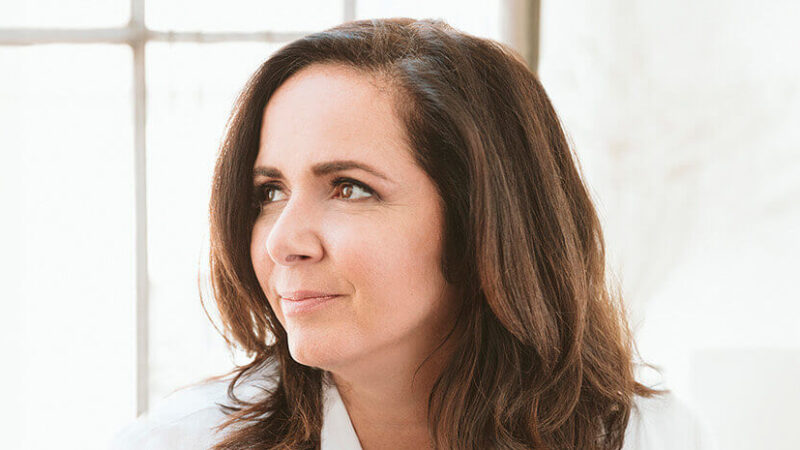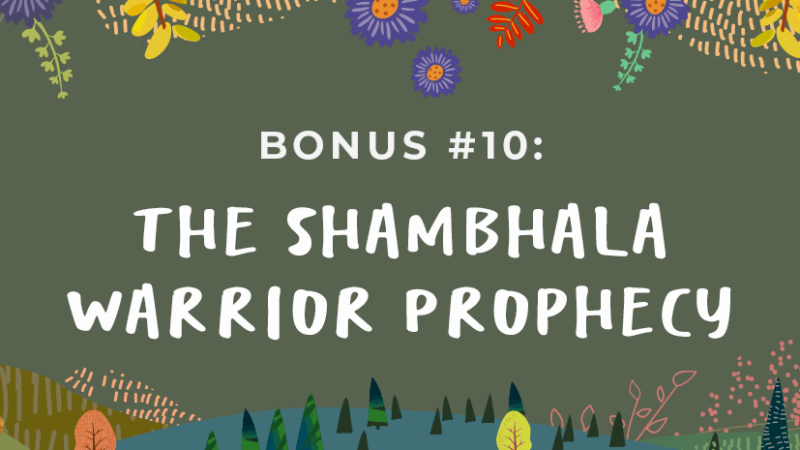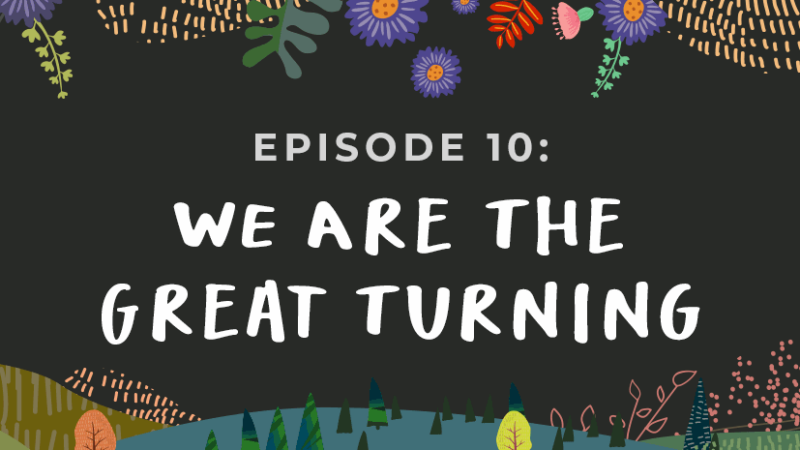Uncovering Your Natural Brilliance
Dee Joy Coulter speaks with Tami Simon about the nature of the creative mind. Dee is a nationally recognized neuroscience pioneer with a doctorate in neurological studies and holistic education from the University of Northern Colorado. With Sounds True, she has recently released the book Original Mind: Uncovering Your Natural Brilliance and an audio program called A Guided Tour of Brain Development. In this episode, Dee examines why the creative mind values emptiness and open focus, how we can recover the perceptual freshness we had when we were first born, how creativity lets us tolerate ambiguity, and how we can enjoy thinking as a rich, multi-dimensional experience. (69 minutes)




